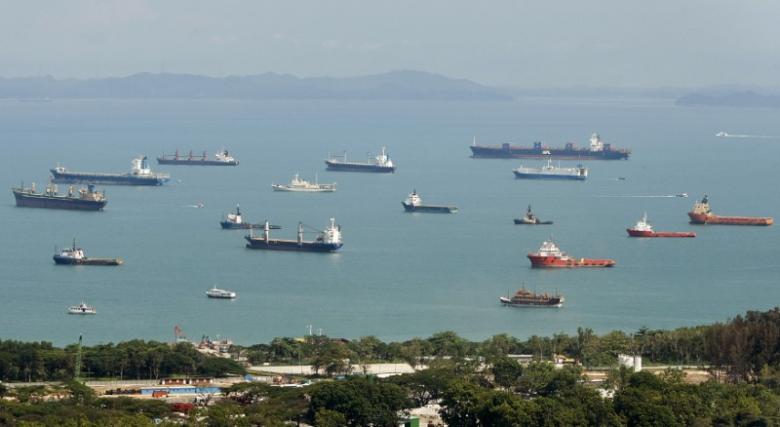In a shock-prone world, economies must be more resilient—individually and collectively. Cooperation is critical, but greater protectionism could lead to fragmentation, and even split nations into rival blocs just as fresh shocks expose the global economy’s fragility.
While estimates of the cost of fragmentation vary, greater international trade restrictions could reduce global economic output by as much as 7 percent over the long term, or about $7.4 trillion in today’s dollars. That’s equivalent to the combined size of the French and German economies, and three times sub-Saharan Africa’s annual output.
More deliberate global cooperation clearly is needed. International institutions can play a vital role, bringing countries together to help solve global challenges, as IMF Managing Director Kristalina Georgieva writes a new essay for Foreign Affairs.
There are signs cooperation is faltering. As the Chart of the Week shows, new trade barriers introduced annually have nearly tripled since 2019 to almost 3,000 last year.
Other forms of fragmentation—like technological decoupling, disrupted capital flows, and migration restrictions—will also raise costs. In addition, global flows of goods and capital have leveled off since the global financial crisis. IMF research shows geopolitical alignments increasingly influence both foreign direct investment and portfolio flows.
The IMF continues to underscore that the international community, supported by global institutions such as ours, should pursue targeted progress where common ground exists and maintain collaboration in areas where inaction would be devastating.
“Policymakers need to focus on the issues that matter most not only to the wealth of nations but also to the economic well-being of ordinary people,” Georgieva wrote in Foreign Affairs. “They must nurture the bonds of trust among countries wherever possible so they can quickly step up co-operation when the next major shock comes.”
Source: Hellenic Shipping News





